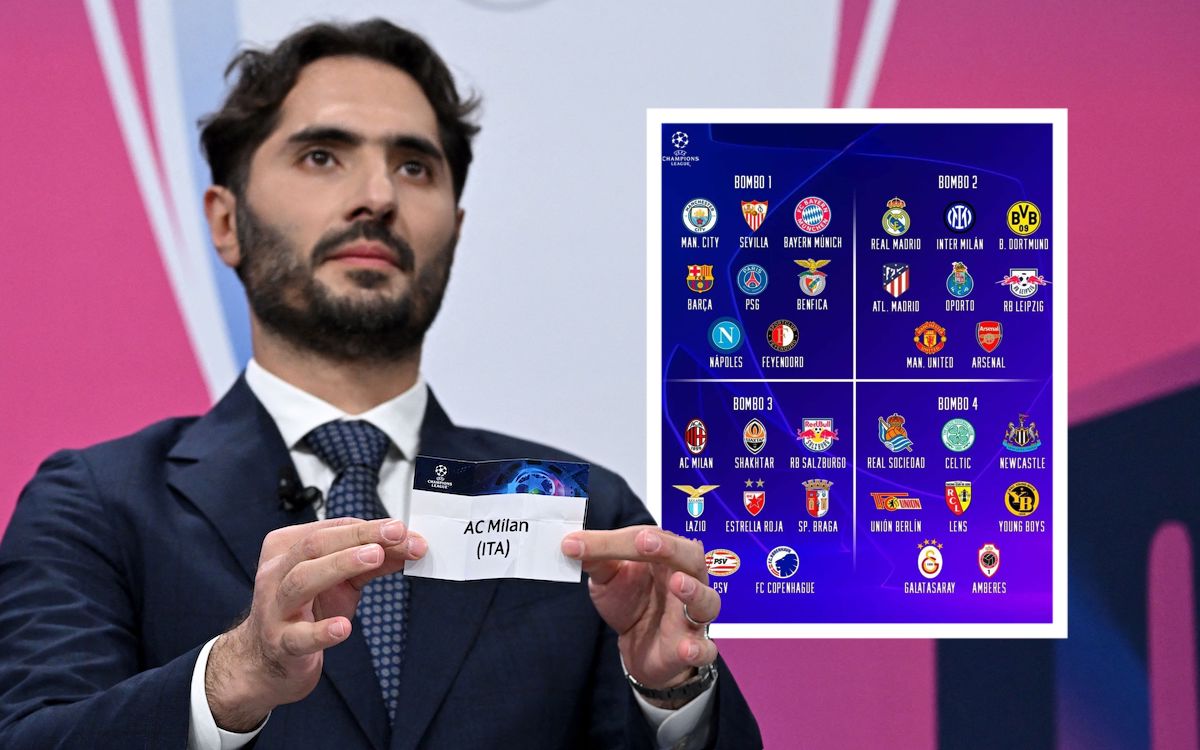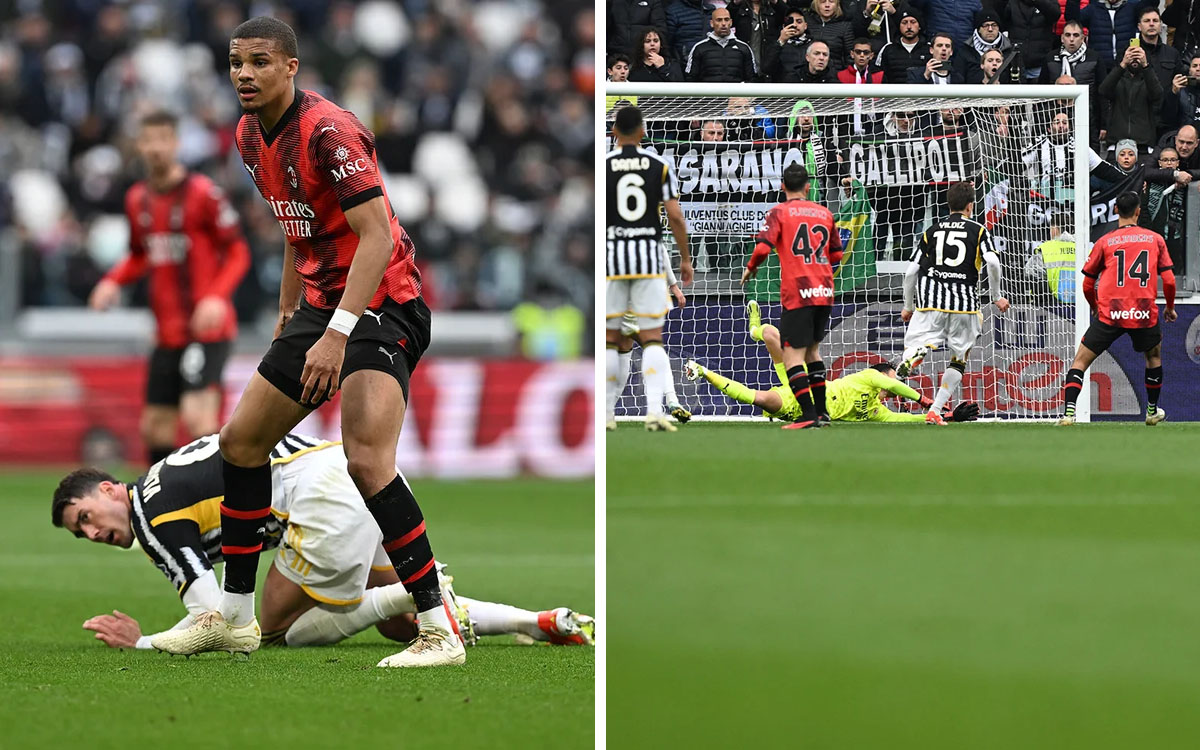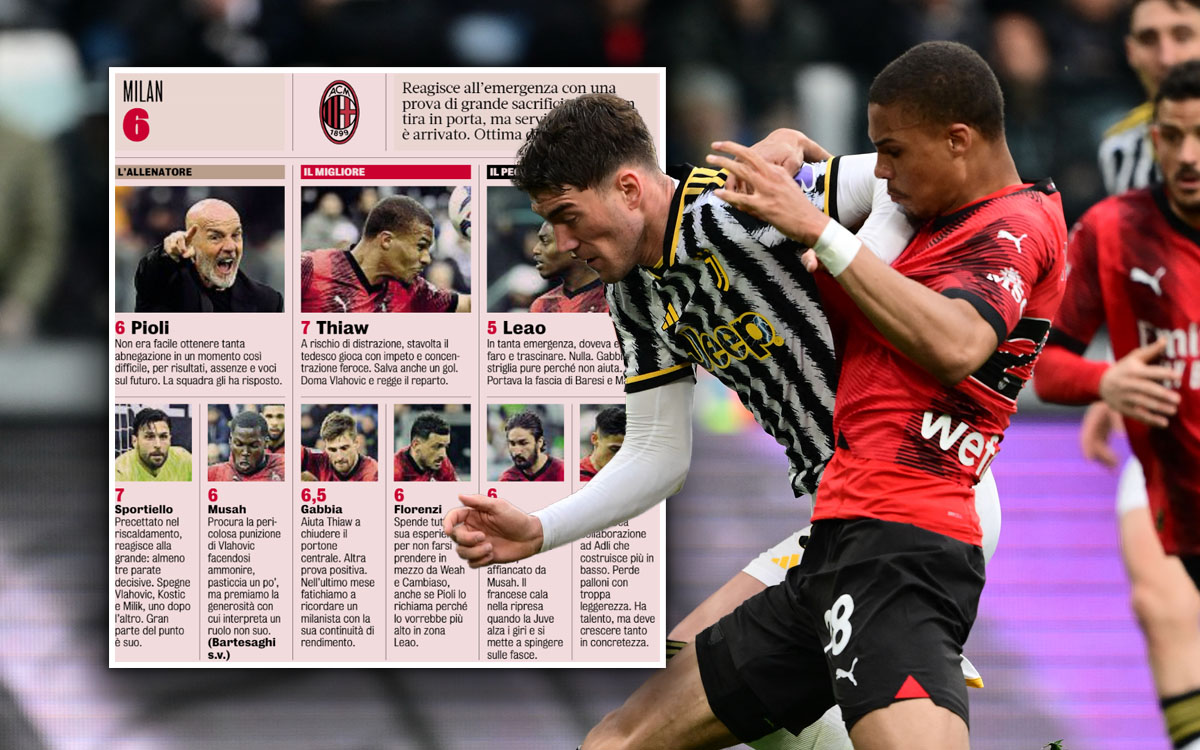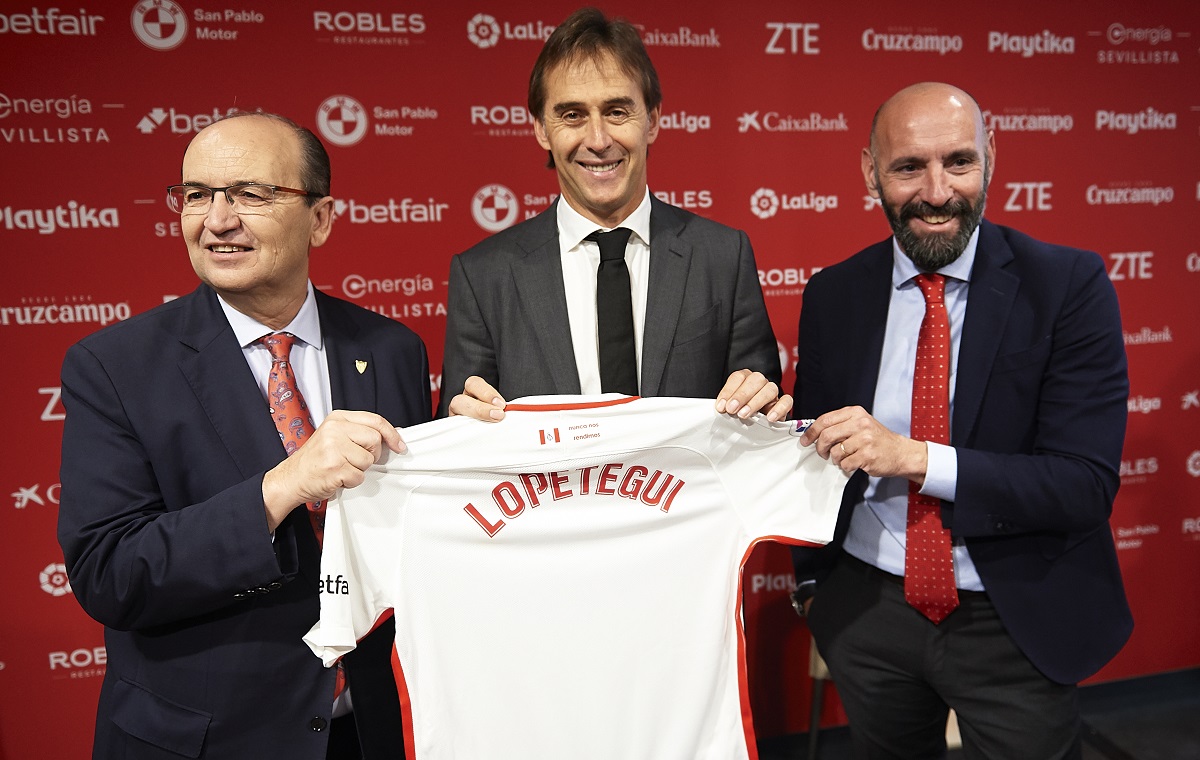UEFA have confirmed that their proposed new format for the Champions League will come into effect from next season and they have explained how it will work.
In a statement on their official website, UEFA write that the final format, access list and calendar for European club competitions was approved on 10 May 2022, further to UEFA’s decision of 19 April 2021 to introduce a new competition system.
The president of European football’s governing body – Aleksander Čeferin – explained why the call has been made to overhaul one of the most successful competitions in sport.
“UEFA has clearly shown that we are fully committed to respecting the fundamental values of sport and to defending the key principle of open competitions, with qualification based on sporting merit, fully in line with the values and solidarity-based European sports model,” he said.
“I am really pleased that it was a unanimous decision of the UEFA Executive Committee, with the European Club Association, European Leagues and national associations all agreeing with the proposal made. Another proof that European football is more united than ever.”
How will the format change?
The main alteration is the shift away from the current format’s group stage system. The present Champions League group stage includes 32 participants divided into eight groups of four.
From the 2024-25 season, 36 clubs will participate in the Champions League league phase (former group stage), giving four more sides entry into a single league competition with one big table.
The teams will play eight matches in the new league phase and therefore will no longer play three opponents twice – home and away – as per the old group stage.
Instead they will play fixtures against eight different teams, playing half of those matches at home and half of them away. To determine the eight different opponents, the teams will initially be ranked in four seeding pots.
Each team will then be drawn to play two opponents from each of these pots, playing one match against a team from each pot at home, and one away.

How will the four extra slots be allocated?
Qualifying for the UCL will continue to depend on a club’s final position in their previous league season domestically, and then each league’s position in the association club coefficient ranking.
The basis of the access list will remain the same as for the current season, and the additional four slots available in 2024-25 will be allocated as follows:
➤ Slot one: Given to the club who finish third in the table of the association (league) that is in fifth position in the access list, which is determined by the UEFA association club coefficient ranking.
➤ Slot two: Given to a domestic champion by extending from four to five the number of clubs qualifying via the Champions path of the competition’s qualifying process, which will consist of four qualifying rounds.
➤ Slots three and four: Given to the associations with the best collective performance by their clubs in the previous season (i.e. the association club coefficient of the previous season, which is based on the total number of club coefficient points obtained by each club from an association divided by the number of participating clubs from that association).
Those two associations will each earn one automatic place in the league phase (‘European Performance Spot’) for the club ranked next-best in their domestic league behind those clubs that have already qualified directly for the league phase.

How does the knockout phase work?
In the big 36-team league, the standard three points for a win and one point for a draw system still applies, it goes without saying.
In terms of reaching the knockouts, top eight sides in the league will qualify automatically for the round of 16.
Then, those who finish from 9th to 24th place (therefore the 16 teams below) will compete in a two-legged knock-out phase play-off to secure their path to the last 16 of the competition.
Teams that finish 25th or lower will be eliminated, with no access to the UEFA Europa League.
In the knockout phase, the teams which finished between 9th and 16th will be seeded in the play-off draw, meaning that finishing from 17th to 24th results in playing away from home in the second leg.
The eight clubs which prevail in the knockout phase play-offs will then progress to the round of 16, where they will each face one of the top-eight finishers, who will be seeded in the round of 16.
The pairings of the knockout phase will also be partly determined by where teams finish in the 36-team league, with a draw which determines and lays out the route for teams to reach the final.
Will the Europa League and Conference League change too?
Yes, the same format changes will also be applied to the UEFA Europa League (eight matches and therefore eight different opponents in the league phase) and UEFA Conference League as of 2024-25 (six matches and therefore six different opponents in the league phase).
How will the calendar look?
The Champions League and Europa League matches will be played between September and January, while the Conference League matches will be played between September and December.
As happens now, Champions League matches will be played on Tuesdays and Wednesdays while Europa League and Conference League matches will be played on Thursdays.
However, there will be a new ‘Champions League exclusive week’ in which UCL matches will be played on Tuesday, Wednesday and Thursday.
Then, there will be a similar ‘Europa League exclusive week’ where UEL games will be held on Wednesday and Thursday, plus a ‘Conference League exclusive week’ where games remain on a Thursday.
During the last round of games in each of the competitions’ league phases, all games will be played simultaneously.






I absolutely hate this new format. I feel like it will be so unfair to lower seeded teams and there’s no redemption. Every game is a one off,plus two extra games packed into an already busy schedule. Hopefully next season it gets ripped to shreds and they bring it back to the old classic format.
What aim are they trying to achieve with all this stupid formats?
More games between the same big teams (with the jeopardy removed) and more games in total so they can sell more TV slots.
At least they have removed their attempt to shoehorn in big clubs that failed to qualify through the league, but it means England can now get five or six clubs in the ‘Champions’ League each year, more than quarter of the Premier League will qualify.
To negate the clubs that tried to establish a Super League in Europe
So it’s the super league they opposed basically?
Its the uefa version on the super league in my opinion
This new format is convoluted horse shit. What a money grab by UEFA.
a hectic schedule for those who want to survive. is this why some build their team in number? because everyone will need more legs at some point….
They just want to make money.. that’s it..
I agree that this is mostly about money with 2 more games in the group stage. But I would argue it’s been forced on UEFA by the clubs who all supported the Super League.
Rather than UEFA pushing for this themselves.
I’ve always loved the format of home & away games against the same teams in the group stage. But I can see an upside in the being able to see more different matchups each season.
However I don’t like they way you will be ranked in one big league table against other teams that you have not even played against.
Perhaps there is a better model where you are in a large group with just the 8 different teams you are playing against. To then qualify of either direct R16 or play-off places against teams from the other large groups for the second phase.
if its not broken, don’t fix it……